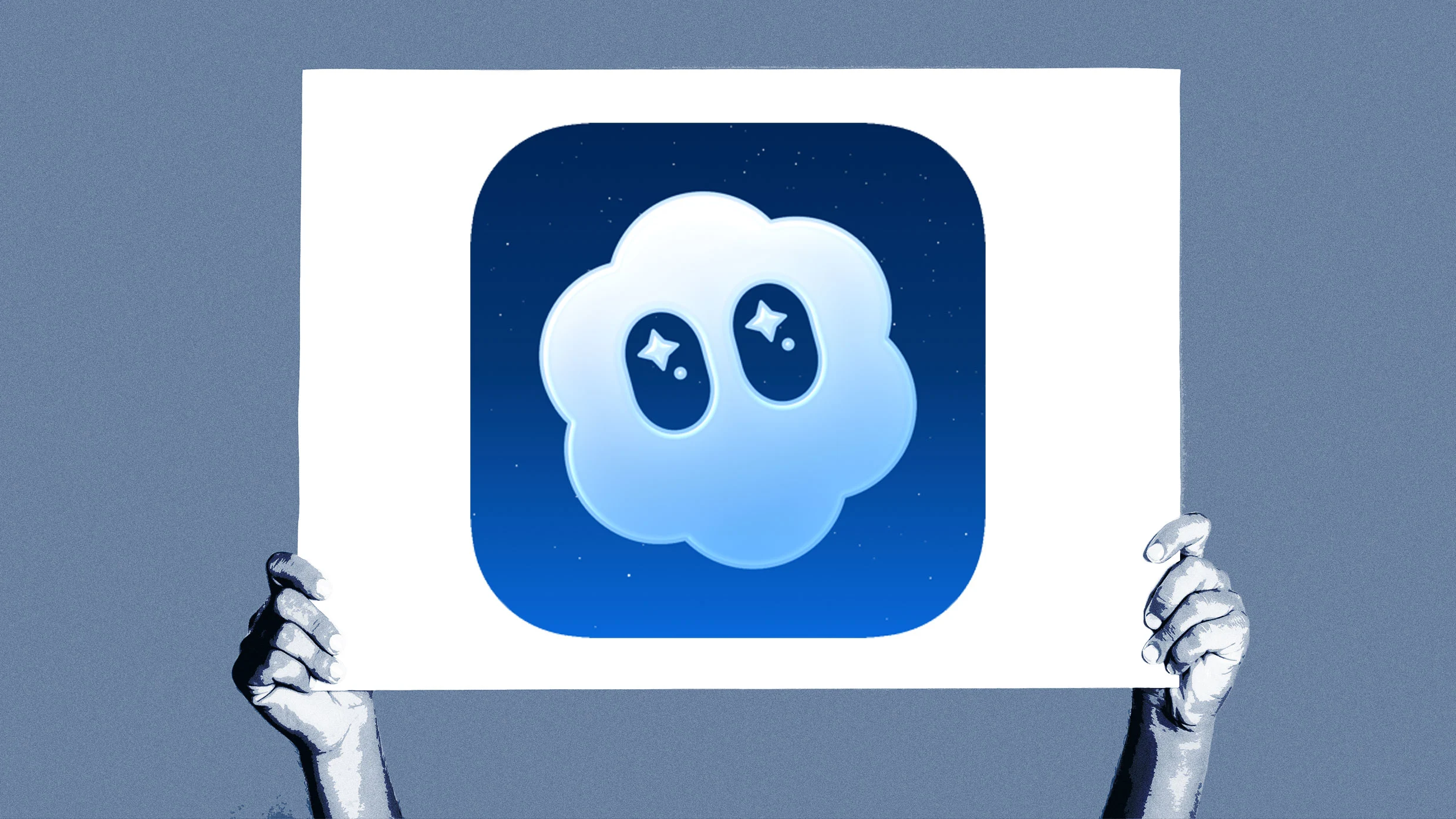Copyright Fast Company

In the near-to-immediate future, company websites will be infused with AI tools. A home decor brand might use a bot to handle customer service messages. A health provider might use AI to summarize notes from a patient exam. A fintech app might use personalized AI-generated video to onboard new customers. But what happens when someone claims they’ve been defamed or otherwise harmed by some AI-generated content? Or, say, claims harm after a piece of their own AI-generated content is taken down? The fact is, websites hosting AI-generated content may face more legal jeopardy than ones that host human-created content. That’s because existing defamation laws don’t apply neatly to claims arising from generated content, and how future court cases settle this could limit or expand the kinds of AI content a website operator can safely generate and display. And while the legal landscape is in flux, knowing how the battle is being fought in courtrooms can help companies plan ahead for a world in which AI content is everywhere—and its veracity unclear.



